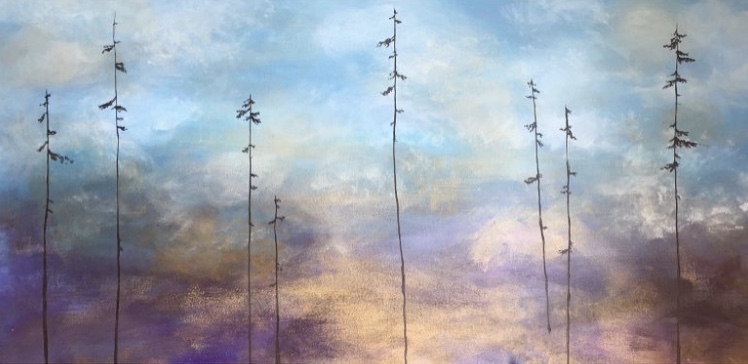These professional standards outline how we should conduct ourselves as teachers, and where our interests should lie. In summary, we are to be informed and continue to update our knowledge as time passes so that our teaching can always be valid. Our main concern on all fronts should be student well-being and learning. This care should apply to all students, regardless of race, religion or personality. All of the items listed below serve one of these two main points, but in closer detail. The standards have many uses, including informing parents and community about how teachers should behave, who can obtain a teaching certificate and whether a teacher should keep their job in case of a conflict. I think an important use is for those who aspire to be teachers; if any of these rules seem unreasonable or not likely to be met, we can assess if this is the right path for us. Knowing these guidelines ahead of time, there is no excuse for any mis-step. Luckily, these ideals match my view of what a teacher should be entirely.
1.Educators value the success of all students. Educators care for students and act in their best interests.
2. Educators act ethically and maintain the integrity, credibility and reputation of the profession.
3. Educators understand and apply knowledge of student growth and development.
4. Educators value the involvement and support of parents, guardians, families and communities in schools.
5. Educators implement effective planning, instruction, assessment and reporting practices to create respectful, inclusive environments for student learning and development.
6. Educators demonstrate a broad knowledge base and an understanding of areas they teach.
7. Educators engage in professional learning.
8. Educators contribute to the profession.
9. Educators respect and value the history of First Nations, Inuit and Métis in Canada and the impact of the past on the present and the future. Educators contribute towards truth, reconciliation and healing. Educators foster a deeper understanding of ways of reconciliation and healing. Educators foster a deeper understanding of ways of knowing and being, histories, and cultures of First Nations, Inuit and Métis.
